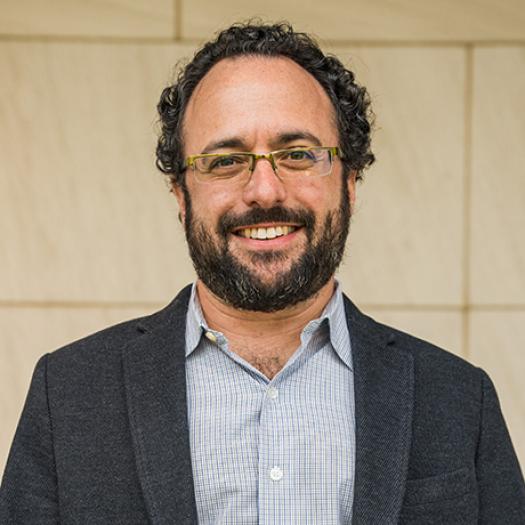Special Education (4+1)
We are no longer accepting new students into this program. However, we will maintain our Education minor and also provide teacher course/career advising at the undergraduate level. Learn more about the current program.

Special educators are more than teachers – they are passionate advocates
Our Special Education students are constant innovators, dedicated researchers, and promoters of social justice. With a focus on evidence-based best practices, this degree provides the skills and teaching license you need to launch a meaningful career and meet the needs of all students in your classroom.
Through our five-year Accelerated Special Education program, students begin taking graduate courses while completing their undergraduate degree at Simmons. The fifth year of the program includes a full-year student teaching internship and additional graduate courses that lead to conferral of a master's degree and endorsement for initial teaching licensure in Massachusetts for Severe Disabilities (all grades).
With Special Education now identified as a high need teaching area in nearly every US state, our graduates enter the workforce ready to make a lasting impact. As teachers in Massachusetts are required to earn a master's degree, our graduates seamlessly transition into teaching careers with subject matter expertise, exceptional pedagogical preparation, and significant classroom experience.




